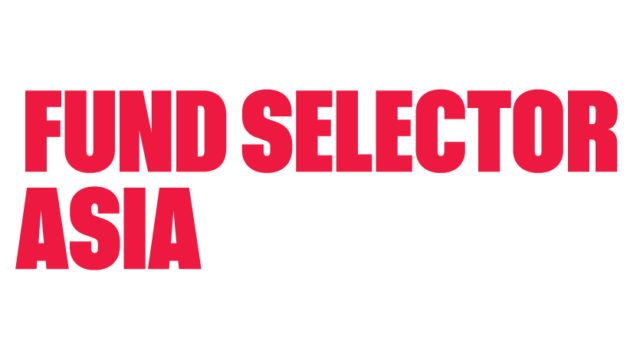Northbound funds had RMB 1.1bn ($168m) of net inflows in May, the strongest in nine months, according to the latest data from the State Administration of Foreign Exchange.
In terms of gross sales, the six Hong Kong-domiciled funds selling in the mainland (northbound) under the Mutual Recognition of Funds (MRF) program collectively raised RMB 1.5bn ($222m) last month, four times the RMB 370m ($54m) in April, while outflows remained stable.
Monthly net sales (RMB m)
| Northbound | Southbound | |
| May 2017 | 1,140.8 | 42.6 |
| April | 67.4 | 8.8 |
| March | -10.2 | 4.7 |
| February | -181.6 | 3.6 |
| January | -286.1 | -2.4 |
| December 2016 | -410.9 | -1.3 |
| Total net sales since January 2016 | 8,502.8 ($1.3bn) | 153.5 ($22.6m) |
Source: State Administration of Foreign Exchange
In particular, the BOCHK All Weather China High Yield Bond Fund announced that the product has stopped subscriptions in the mainland starting May 20 as its assets gathered onshore is approaching the 50% limit in terms of overall fund size, a rule set by the regulators.
The fund will be closed to subscriptions from mainland investors once the percentage hits 47%, a statement (in Chinese) said.
The fund size reached RMB 3.2bn as of May-end, compared to RMB 873m when it began sales in the mainland in August 2016, according to FE. But the research firm does not have a breakdown for the amounts raised on and offshore.
The JPMorgan Asian Total Return Bond Fund, which has been dominating MRF sales, also imposed a temporary subscription cap from August 2016 until February this year amid strong inflows.
The spokesperson of the BOCHK Asset Management and JP Morgan are not immediately available for comments.
The other three MRF northbound funds for sale, the Hang Seng China H-Share Index Fund, the JPMorgan Pacific Securities Fund, as well as the Zeal Voyage China Fund, were not affected by strong inflows.
Last month, one more fund – the Schroders Asian Asset Income Fund – was also approved for sale in the mainland.
Meanwhile, southbound funds − about two dozen mainland funds selling in the SAR − also showed a sharp growth in gross sales, with a collective inflow of RMB 51.9m last month versus RMB 11.3m in April, and also the highest since the cross-border link was launched in late 2015.
Ronald Yeung, business development director at China Asset Management (Hong Kong), attributed the surge in southbound sales to a short-term sentiment boost around the MSCI inclusion of A-shares, which happened earlier this month.
However, “the size is still small compared to the northbound flows”, he noted. This year, the mainland fund house intends to submit an application to the regulators to sell a fund in China: the ChinaAMC Select China New Economy Fund, a Hong Kong equity-focused product.

















